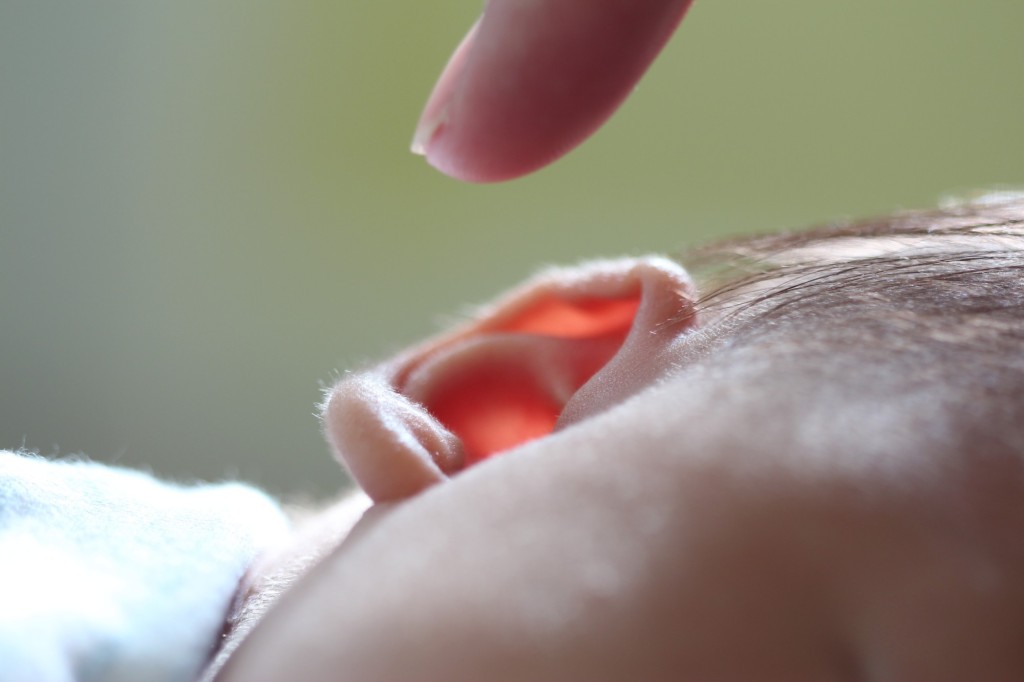By Admin,
Close to 400,000 babies are born each day in the United States.
Along with deciding a nursery theme, choosing pediatrician, and planning for that newborn photoshoot, there are other things you should know about having a newborn, like newborn hearing tests.
Do you know everything you need to know about newborn hearing tests? Here are some of the most important things you need to be aware of during a hearing test for newborns.
1. When and Why
Once babies are born, they need to be screened to make sure they’re healthy. One part of that ensures their hearing is normal. The earlier any hearing problems are detected, the sooner they can be treated.
A newborn hearing test is typically done in the hospital before the family goes home. If there are problems, the staff will alert you of what’s going on and may order additional testing done by an audiologist.
If your baby does not have a hearing test in a hospital, they should have one by the time they are one month old.
2. Types of Newborn Hearing Tests
There are a few different hearing tests for newborns that are conducted. The type of testing that’s used is largely dependant on that state where you live.
The first test is called the auditory brainstem response or the ABR. During this test, soft headphones are placed in the baby’s ears to watch areas of the brain that detect sound. Doctors can take a peek at the brain activity by electrodes softly placed on the newborn’s head.
The second type of test is called the Otoacoustic Emissions Test or OET. The OET measures whether or not an echo is heard in the ear. It’s similar to the first one, in which probes are gently placed in the baby’s ears, soft sounds are played, and doctors search for an echo.
Most babies stay asleep during the entire test!
3. Post-Testing
In general, most babies pass the newborn hearing test, but in the case that they do not, further testing is required to find out the extent of the hearing loss and what needs to be done about it.
However, not passing the hearing test does not mean that your baby has any hearing loss. Other factors include a noisy environment, movement, earbuds not fitting, or fluid in the ears.
If your baby fails the hearing test, they will need to be tested again before they are three months old. If there is hearing loss, a specialist will work with you to determine a method of treatment.
Preferably, treatment should begin no less than six months of age to ensure that the child has the skills they need to learn and communicate with others.
Newborn Hearing Tests
When you think about newborn hearing tests, most parents worry, but many times there’s nothing to be concerned about. Most babies do just fine, and if they do not, there are knowledgable medical professionals that are on your side to help your baby hear wonderfully.
Are you looking for more newborn tips? Visit our page today to learn more!


